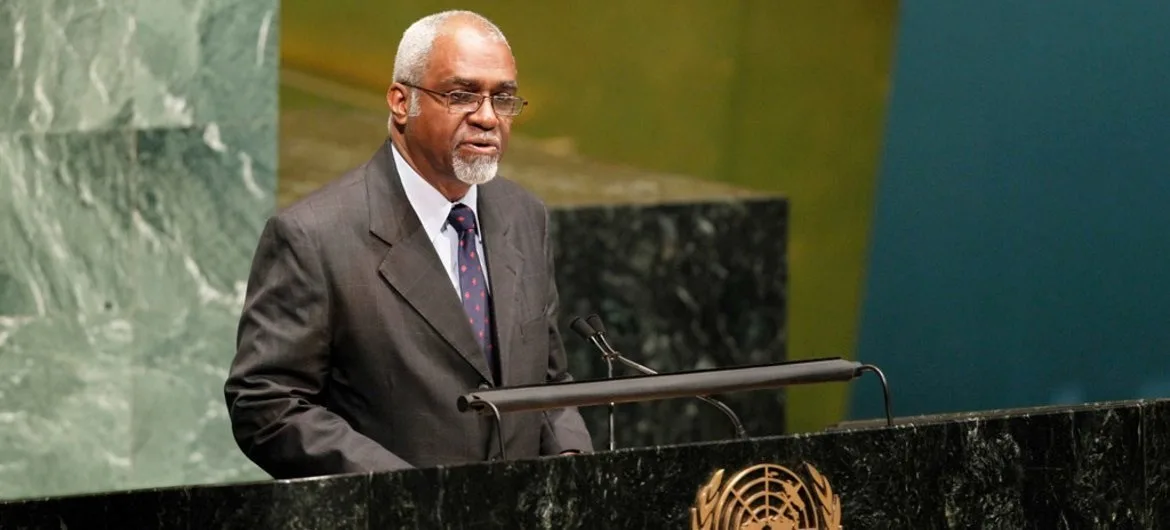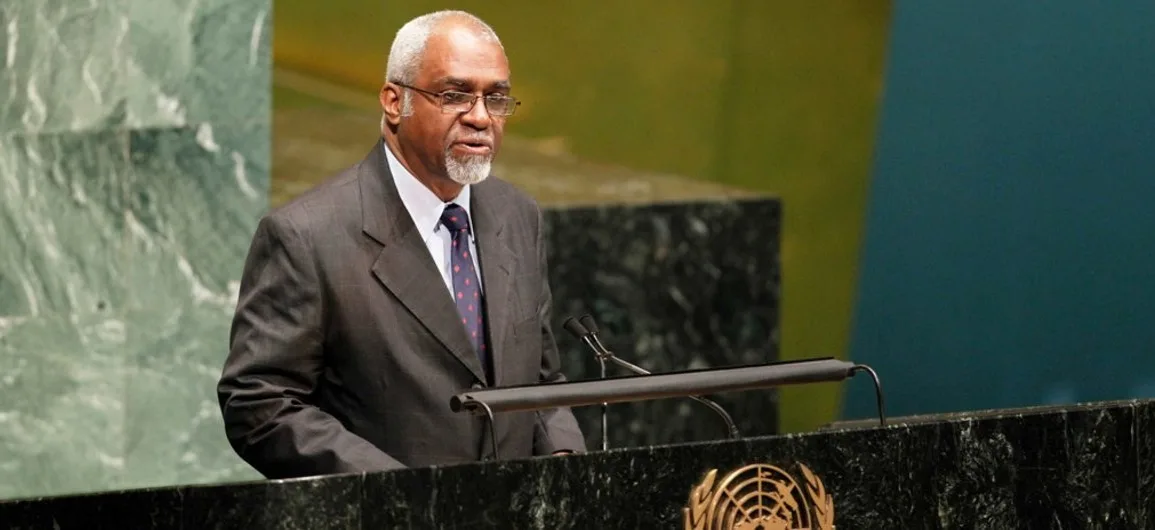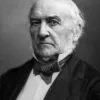According to a senior judge at the International Court of Justice, the United Kingdom will no longer be able to ignore rising requests for compensation for transatlantic slavery.
-

Judge Patrick Lipton Robinson of Jamaica oversaw the prosecution of former Yugoslav President Slobodan Milosevic (UN photo)
According to a senior judge at the International Court of Justice, the United Kingdom will no longer be able to ignore rising requests for compensation for transatlantic slavery.
Judge Patrick Robinson, a Jamaican prosecutor who ruled over the prosecution of former Yugoslav President Slobodan Milosevic, said the world tide on slavery reparations was rapidly moving and asked the United Kingdom to reconsider its present stance on the matter.
According to Robinson, the UK cannot “continue to ignore the greatest atrocity,” adding that he considers transatlantic chattel slavery to be the worst crime committed by man.
Speaking to The Guardian ahead of UNESCO’s Day for Remembering the Transatlantic Slave Trade and Abolition, Robinson noted that the reparations were required not only by history but also by law.
Robinson was instrumental in developing and compiling the Brattle Group Report on Reparations for Transatlantic Chattel Slavery, which was published in June. The paper, dubbed “the most comprehensive state-to-state reparations analysis,” analyzes the payments owed in 31 nations where transatlantic slavery was practiced.
Published by the University of the West Indies, the report takes into account the GDP of countries that enslaved Africans and estimates trillions of dollars are owed to countries victim of slavery, with the UK alone responsible for $24 trillion for reparations in 14 countries.
Jamaica is owed $9 trillion alone.
Robinson notes that the figures are calculated over hundreds of years and proposed the amounts be paid over a period of 10 to 25 years.
PJ Patterson, a former prime minister of Jamaica, believes that some nations would not rule out taking the issue to international courts.
Robinson, however, favors a settlement based on “political diplomacy”, also not ruling out court proceedings.
Rishi Sunak refused to apologize for the UK’s role in slavery in April, something Robinson hopes he will reconsider.
The family of former British Prime Minister William Gladstone, however, will travel to Guyana in the Caribbean this week to formally apologize for their historical involvement in slavery as the nation marks the 200th anniversary of the Demerara rebellion by enslaved individuals that contributed to the abolition movement.
Six descendants of William Gladstone will arrive in Guyana, acknowledging their ancestor’s link to slave ownership, which financed the former Prime Minister’s education and career. The family has not only committed to a formal apology for John Gladstone’s enslavement of Africans but also pledged reparations to support further research into slavery’s impact.
Read more: UK houses 122,000 modern slavery victims
“The tide is changing, the political tide, the global tide is moving. The United Kingdom – [including] both principle parties, the Conservative party and the Labour party and the other parties, which are just as important – need to take into account that movement is a movement in favour of reparations. The transatlantic chattel slavery is the greatest atrocity in the history of humankind without parallel for its brutality, without parallel for its length over 400 years, without parallel for its profitability.”
Robinson spoke of his many positions in international law like the Inter-American Commission on Human Rights and being a member of the International Criminal Tribunal for Yugoslavia, emphasizing that his inspiration came from his father, who was an elementary teacher in Jamaica.
“My father’s mantra was that the cane cutter’s child deserves the same educational opportunities as the child of the busher, who is the overseer.”



